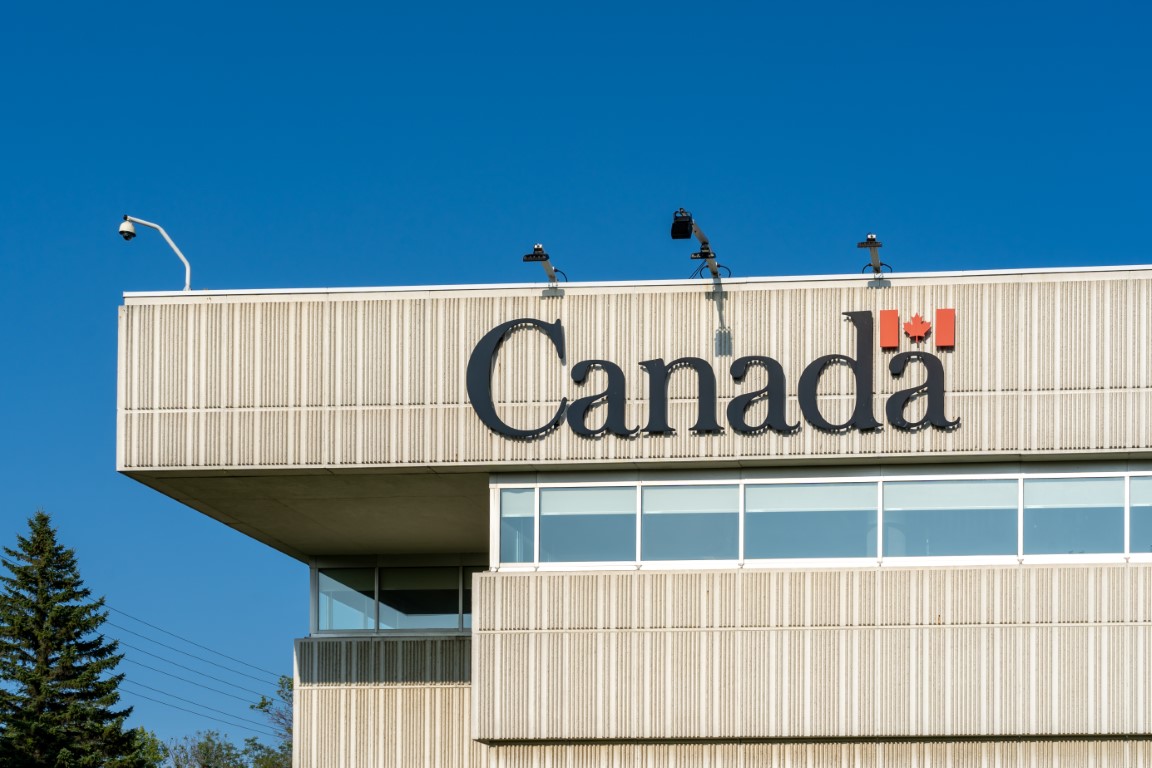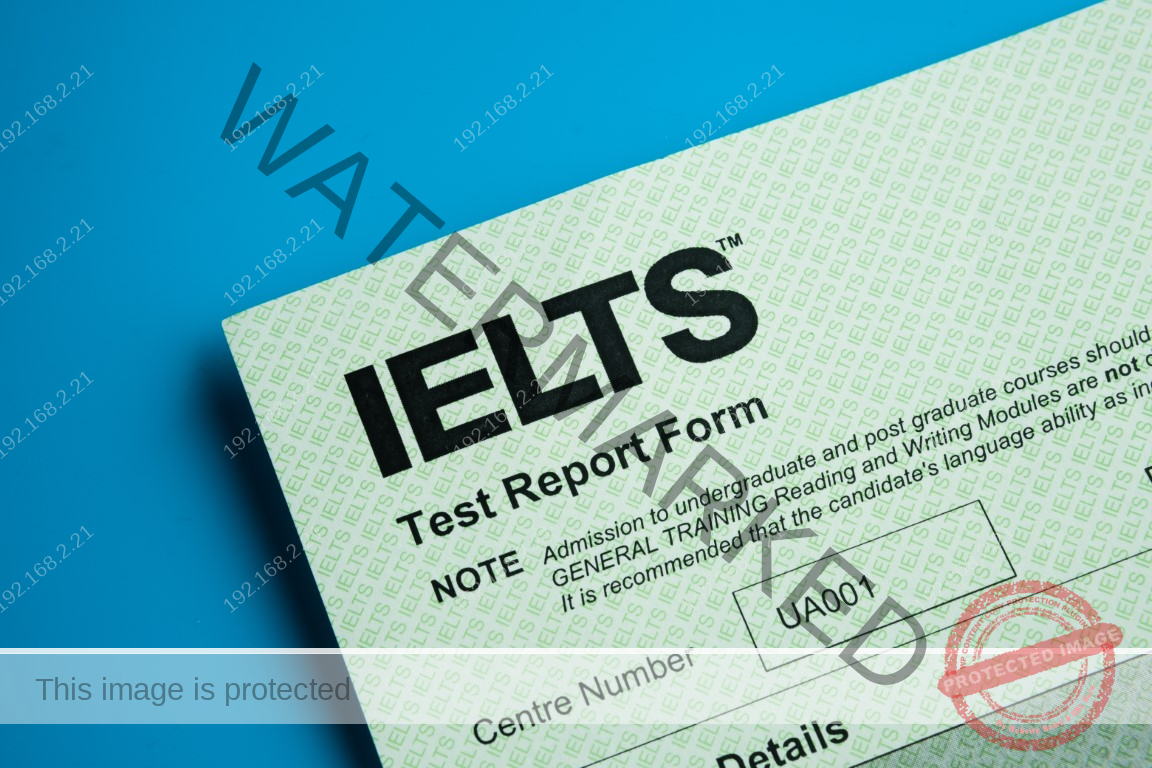Start-Up Visa Limitations: Adjusting to Growth and Demand
Canada has long been recognized as a fertile ground for entrepreneurial talent, particularly for immigrants who play a pivotal role in the country’s innovation landscape. In 2023, the Organization for Economic Co-operation and Development ranked Canada as the number one destination for start-up founders. This accolade reflects a variety of favorable conditions such as access to capital, competitive corporate tax rates, skilled workforce, strong academic institutions, and quality of life alongside supportive immigration policies for entrepreneurs and their families.
The Start-Up Visa Program, initiated in 2013, requires foreign entrepreneurs to secure backing from designated Canadian venture capital funds, angel investor groups, or business incubators. As of the latest data, around 900 entrepreneurs have obtained permanent residency, contributing to the launch of over 300 start-ups.
Despite its success, the program faces significant demand, prompting the government to implement strategic limitations to enhance its effectiveness. Key changes, effective from April 30, 2024, include:
- A cap on the number of applications for processing, limited to those associated with no more than 10 start-ups per designated organization per year.
- Priority processing for proposals backed by Canadian capital or by business incubators that are members of Canada’s Tech Network.
These adjustments aim to concentrate resources on the most promising entrepreneurial ventures, thus maintaining the program’s integrity and responsiveness.
Requirements for Start-Up Visa Program
- Support from a Designated Organization: Must secure a commitment from a designated venture capital fund (minimum investment of $200,000), angel investor group (minimum investment of $75,000), or be accepted into a business incubator program.
- Business Operation: Must plan to operate the business and own more than 10% of the voting rights in the corporation.
- Language Skills: Must meet minimum language requirements in English or French (CLB 5 in all four areas: speaking, reading, listening, and writing).
- Settlement Funds: Must have enough money to settle and provide for the cost of living prior to earning an income.
Self-Employment Immigration: A Pause to Address Backlogs
The Self-Employed Persons Program, another pathway to permanent residence, targets individuals with notable experience in arts, culture, recreation, or sports. This program significantly contributes to the cultural richness of Canada. However, it currently faces a staggering backlog with processing times extending beyond four years due to a high volume of applications.
In response, Immigration, Refugees and Citizenship Canada (IRCC) announced a full pause on new applications starting April 30, 2024. This decision is part of a broader strategy to manage existing applications and reduce wait times effectively. During this pause, the IRCC will continue to process existing applications while evaluating potential reforms to enhance the program’s efficiency and sustainability.
The Minister of Immigration, Refugees and Citizenship, the Honourable Marc Miller, emphasized that “fast processing is critical to the success of entrepreneurs who come to Canada through our federal business programs.” The proactive measures are expected to set both the Start-Up and Self-Employed Persons programs on a faster track, significantly improving processing times.
Requirements for Self-Employed Persons Program
- Experience: Must have relevant experience in cultural activities or athletics at a world-class level, or have been self-employed in these fields.
- Intention and Ability: Must intend to be self-employed in Canada and have the ability to contribute significantly to cultural or athletic life in Canada.
- Admissibility: Must meet health, security, and other immigration conditions.
Conclusion
Canada’s approach to managing its immigration programs reflects a deep understanding of the need for dynamic regulatory frameworks that adapt to changing circumstances. By introducing caps and prioritizing high-potential applications in the Start-Up Visa Program, along with pausing intake for the Self-Employed Persons Program to clear backlogs, Canada aims to balance the influx of talent with practical administrative capacity. These changes are designed to uphold Canada’s reputation as a top destination for innovative and entrepreneurial individuals while ensuring the immigration system remains robust and efficient.












